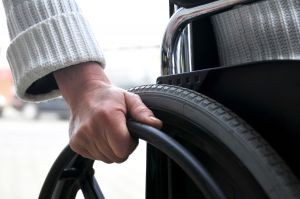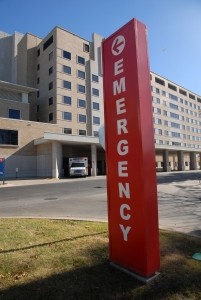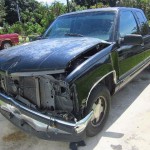Doctor selection under the Defense Base Act and the Longshore and Harbor Workers Compensation Act (LHWCA) is crucial. It can make the difference between fairness and injustice.
Through 42 U.S.C. 1651(a), the LHWCA is the substantive law for the Defense Base Act. Under the LHWCA, employers/insurance companies are required to provide injured workers with medical care. Injured workers have the right to choose one doctor. Once the selection is made, any change must come by agreement of the E/C or order of the Secretary of Labor’s office. Injured workers do not want to be reliant on either alternative. Accordingly, the initial choice is key.
Money has a tendency to corrupt. Sadly, doctors are not above being influenced by insurance company money to render false opinions unfavorable to their patients. Doing otherwise jeopardizes the flow of future insurance company business. This is why we see the same doctors being selected time and again in every type of workers’ compensation case, from state workers’ compensation cases, to Defense Base Act cases, to LHWCA cases.
Like sexual prostitutes, whore doctors do whatever is required to please the customer. Unlike sexual prostitutes, however, the immoral acts of whore doctors harm innocent victims … their own patients. So much for the Hippocratic Oath.
Given these harsh realities, it is especially important for injured workers to select their doctors carefully. There are many doctors of high principle who are not beholden to insurance companies. Lawyers who represent injured workers know who they are and can help in the selection process. Unfortunately, in a large percentage of cases the dye has already been cast by the time proper legal advice is sought. Most injured workers have already begun treating by the time they meet with a lawyer.
Continue reading
 The defense of Florida workers’ compensation claims under Martin v. Carpenter, 132 So.2d 400 (Fla. 1961) and Florida Statute 440.15(5)(a) are employer/carrier favorites. While similar, the defenses are not entirely alike.
The defense of Florida workers’ compensation claims under Martin v. Carpenter, 132 So.2d 400 (Fla. 1961) and Florida Statute 440.15(5)(a) are employer/carrier favorites. While similar, the defenses are not entirely alike. Florida Injury Attorney Blawg
Florida Injury Attorney Blawg







